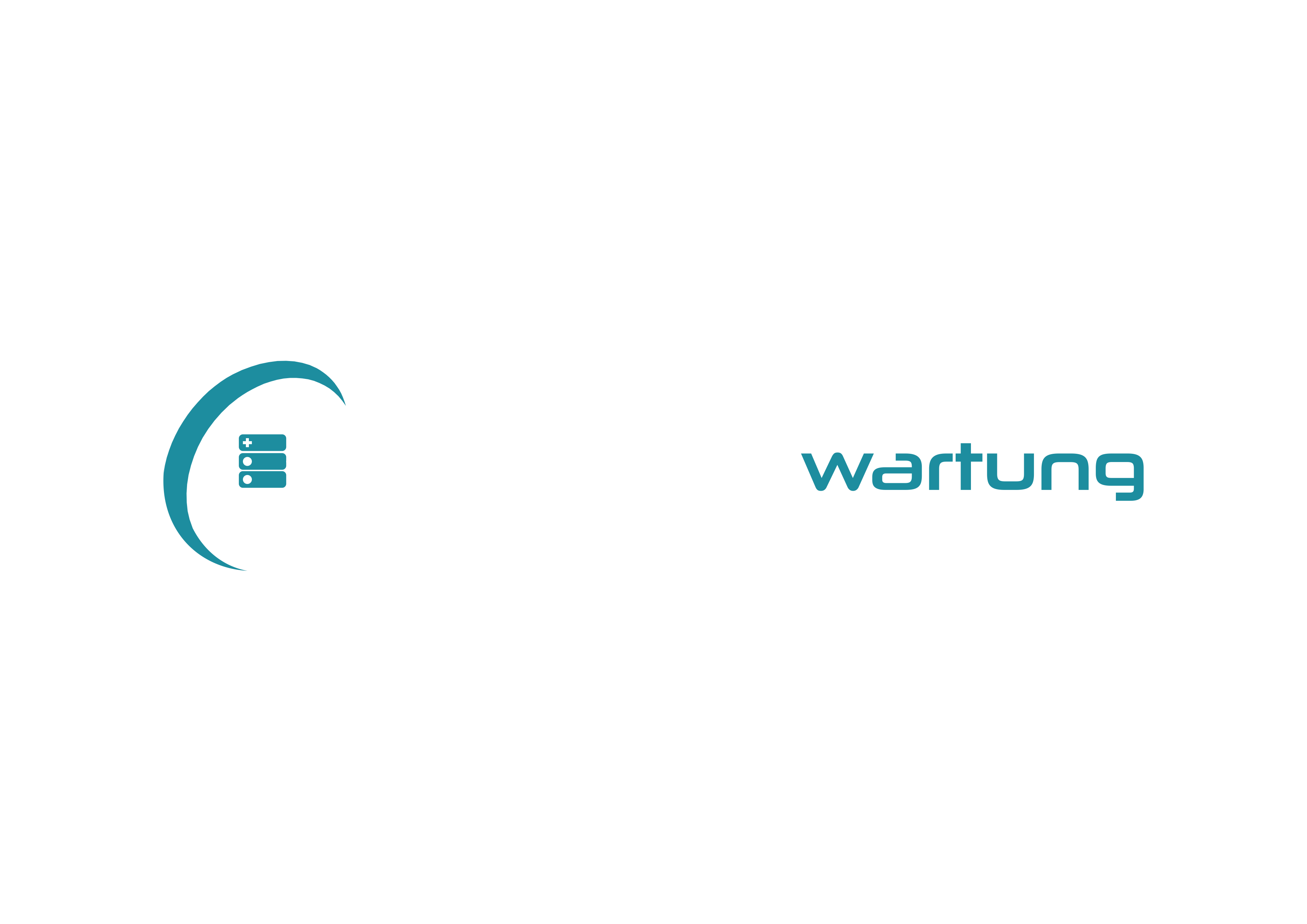
In recent months, there have been some news stories about the merger between Dell and EMC. Some market observers were worried that even this mega-merger will cause a disaster in the IT world. But so far, Dell has been able to keep us away from this menacing idea with a clear line in product composition and strategic direction. So far, so good?
However, there are huge differences between the overarching concept and the hard operative life. Today, we want to focus on the most operational part of this merger, namely the maintenance issue. How will the merger affect the quality and price of Dell and EMC maintenance?
Different Maintenance Strategy
Both companies have previously driven very different strategies. Dell was not very aggressive in selling maintenance packages due to the partner channels. At purchase, Dell sold the maintenance for at least three years and often artificially doubled or even increased the maintenance renewal prices. So the customer was more or less forced to buy new hardware.
EMC was forced to charge higher maintenance costs right from the start due to the longer life of storage. But there were no big surprises after the warranty period expired. Maintenance was an essential part of the business model, but overall maintenance costs were significantly higher than at Dell. In the past, many customers, especially Clariion and Celerra, have looked for alternative maintenance providers such as hardwarewartung.com. With the VMAX series EMC has tried to overcome this problem with an access code. However, they were banned for competitive reasons by a US federal court.
What’s the future like?
The future products, a combination of Dell servers and EMC storage, are expected to completely reshape the market, but what will the maintenance strategy look like? It is unlikely that there will be different maintenance contracts for servers and storage components. Our assumption is that Dell will adopt EMC’s strategy, not just for new products. There were first signs at the first Global Partner Summit, where Dell announced that it would be relying more on its partners and reducing its direct sales in the future. This will result in a significant increase in maintenance prices at Dell Technologies.
What to do about high maintenance prices?
As always, a solution approach will be third-party maintenance by a TPM (Third Party Maintenance) company. These maintenance specialists, such as hardwarewartung.com, have been able to offer the most common manufacturers from a single source for over twenty years and are not only 50 percent cheaper, but also completely independent of the manufacturers. Especially for the current PowerEdge and PowerVault systems this will be more or less the only alternative. With the new hybrid cloud products, completely new concepts that do not yet exist on the market will probably be tested. But if you choose a common model, it will almost certainly be the high-priced EMC model. Perhaps with a very low purchase value but for it clearly higher running costs.
We will watch the announcements of Dell Technologies with interest and try to present the background and consequences to you. Follow us on Twitter, Facebook or Google+ to stay up to date.

 Skip to content
Skip to content


